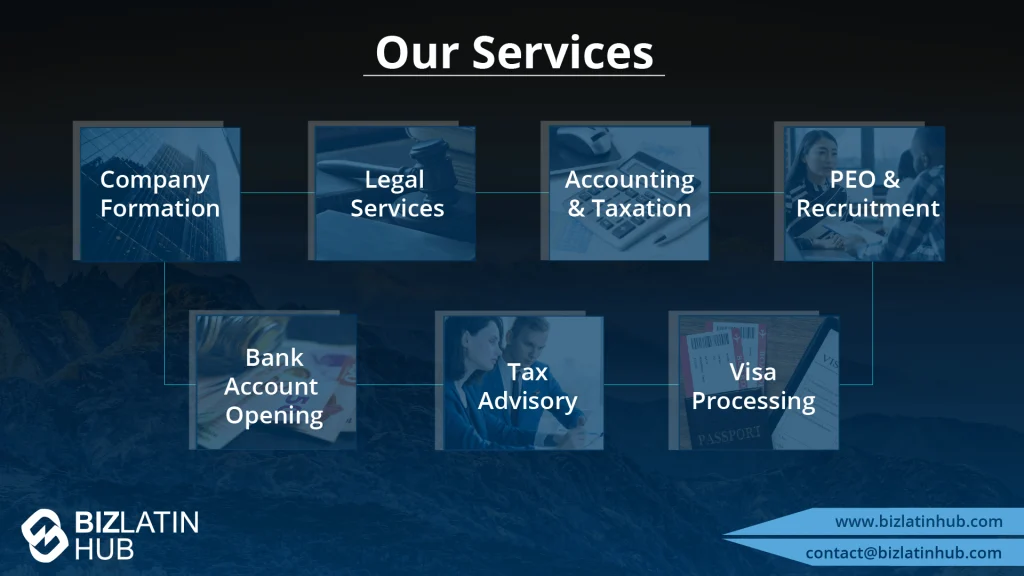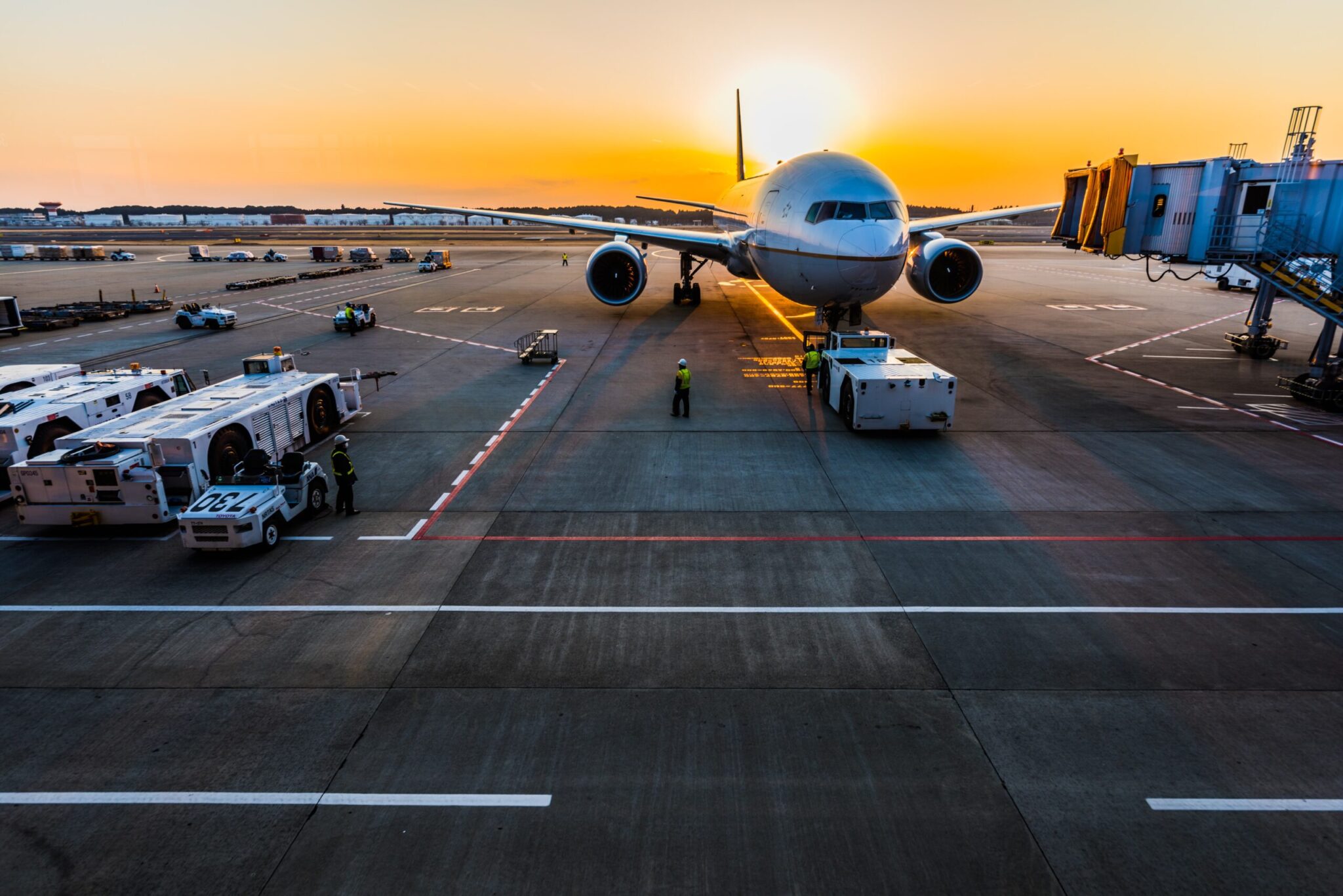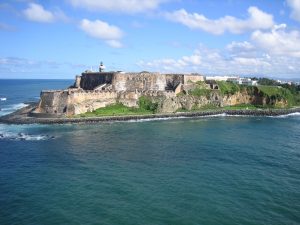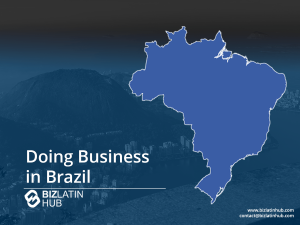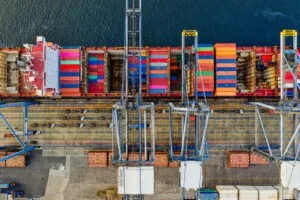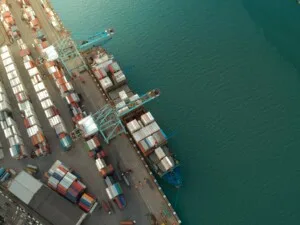Brazil is well known in the world for its prominent tourism industry. According to the Ministry of Tourism, Brazil hosted nearly six million foreign international tourists in 2023 returning to pre-pandemic levels. As economic trends continue to recover now is the moment to begin thinking about registering a cargo airline in Brazil.
However, although there has been a growth in the demand for air cargo transportation in recent years, this market has not been much explored by Brazilian and international airlines when compared to passengers’ flights. Therefore, it is possible a rush of interest in how to register a cargo airline in Brazil is on the horizon to take advantage of these recent changes.
It is important to highlight that Brazilian legislation, since 2019, allows 100% foreign ownership of airlines. This is a remarkable change to the airline market in Brazil and it is definitely a business opportunity for international cargo airlines that intend to register a cargo airline in Brazil and operate in a growing market.
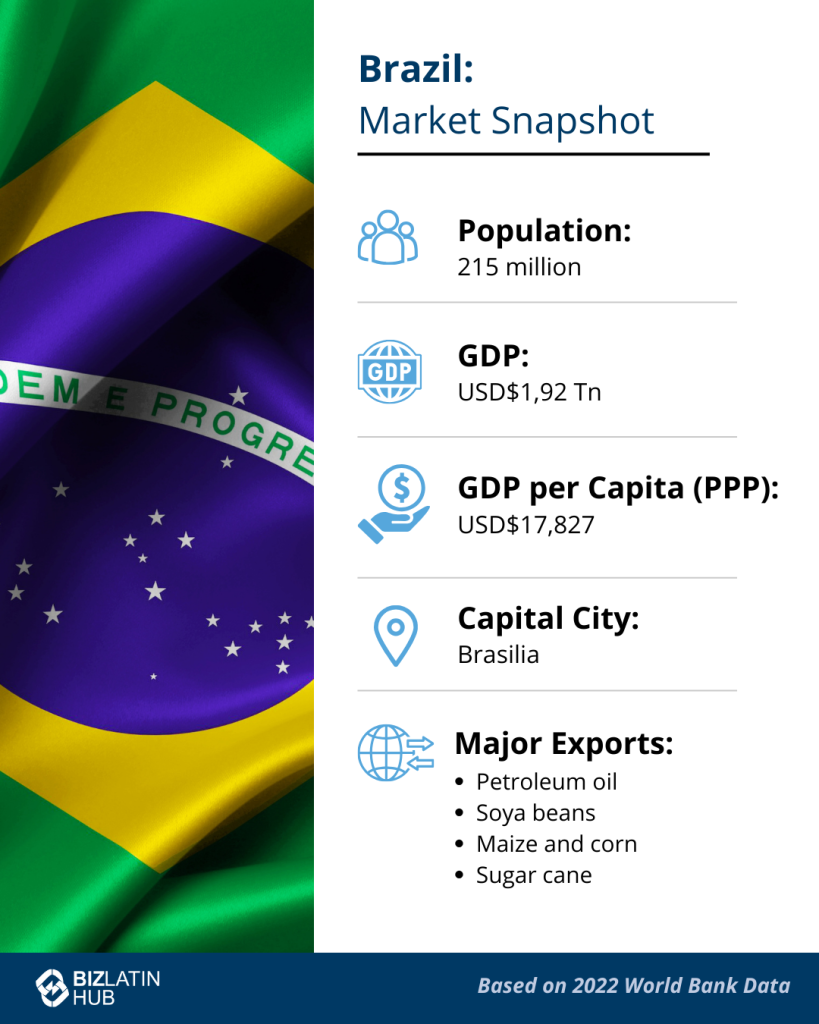
Why run a cargo airline in Brazil?
Already, Brazil attracts a wide range of foreign investment and business – not to mention a hoard of tourists each year.
By opening up aviation regulations, Brazil is facilitating increased commercial connectivity through greater options for business and cargo air travel. As a major economic player in the region with economic ties to major trade blocs such as MERCOSUR, demand for air freight services will likely rise.
The opportunities for cargo (and passenger) airlines have opened up to foreign players, and companies should not delay taking advantage of this commercial potential.
Who is responsible for the regulation of a cargo airline in Brazil?
The Brazilian civil aviation authority responsible for your registration is the National Civil Aviation Agency (ANAC).
On top of that, this process involves approaching the relevant aviation authority in your company’s country of origin with the support of diplomatic consulates. Depending on your origin country, you may also need to connect with the International Air Transport Association (IATA).
Steps to register a cargo airline
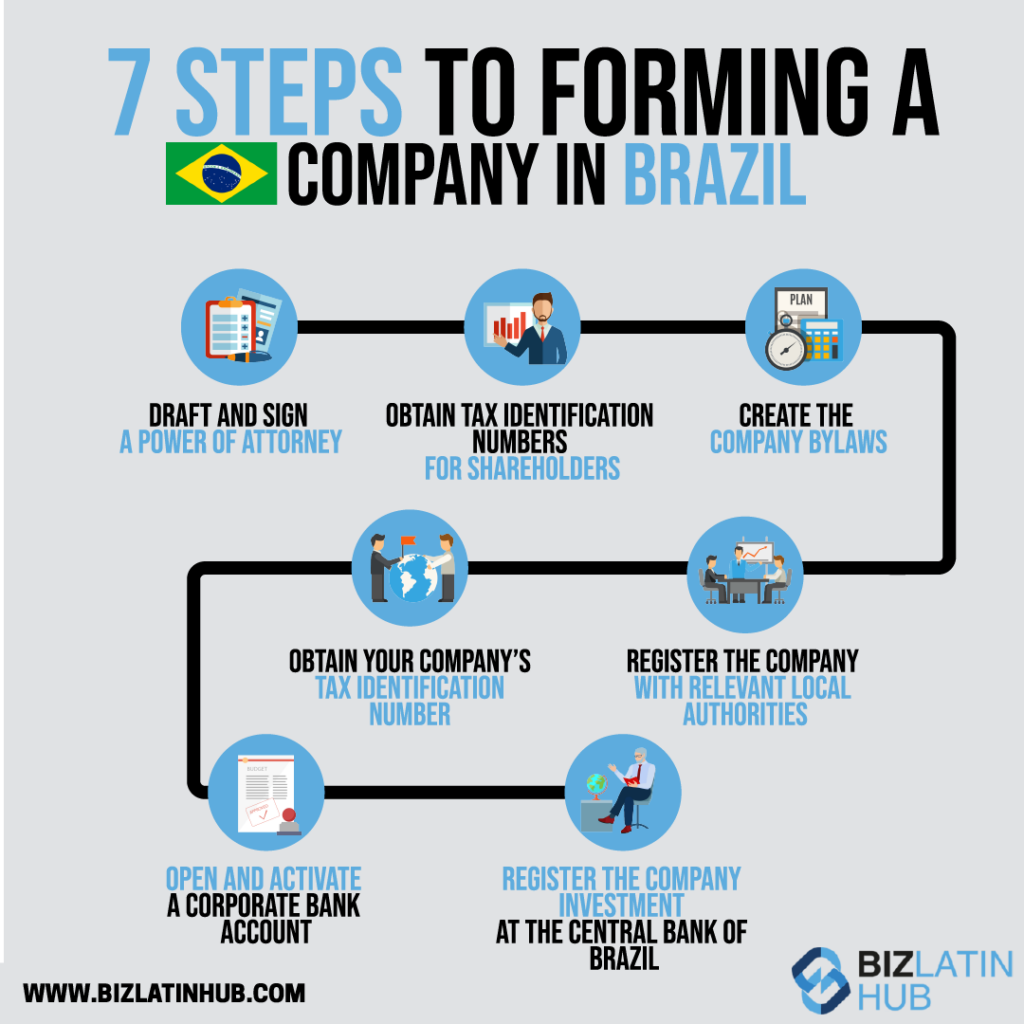
Below we outline the key steps to form your airline company in Brazil. Following these steps allows you to take advantage of the country’s welcoming stance on foreign ownership.
1. Obtain and present the instrument of designation for a cargo airline
The instrument of designation is a document issued by the Civil Aviation Authority (CAA) of the airline’s country of origin. It is an act that must be carried out through diplomatic channels.
You can approach the CAA from your home country through the local embassy for support.
2. Submit a request before ANAC and incorporate a company in Brazil
This step involves seeking ANAC approval of 2 crucial elements; what are your proposed aviation operations and documents of your company incorporation in Brazil.
Once the instrument of designation is obtained, the foreign air carriers must submit a formal request before ANAC, upon the presentation and file of the following documents and information:
- Company bylaws, duly registered in the country of origin
- A list of the company’s shareholders, including full names, domicile and total number of shares
- A copy of the General Meeting that approved the business activities and the capital allocated to establish operations in Brazil
- Payment of the Civil Aviation Inspection Tax – TFAC
- Notice of Power of Attorney (POA) granted to a legal representative in Brazil
- Personal documents of the legal representative, including where they reside
- Draft and register the articles of incorporation before the governmental entities
- Obtain a taxpayer number (CNPJ)
3. Request authorization to operate in Brazil
Your cargo airline needs to file a request for authorization by ANAC and present the following documents:
- CNPJ (taxpayer number)
- Debt clearance certificates (from Federal Revenue, FGTS and ANAC)
- AVSEC (aviation security) Declaration Form – in order to attest that the airline is aware of the Air Operator Safety Program (PSOA)
- AVSEC Professionals Registration Form.
- Proposal of Operating Specifications.
2019 Aviation law reform in Brazil
In June 2019, President Jair Bolsonaro approved a bill that unravels previously strict regulations surrounding foreign airlines in the country.
This bill now allows completely foreign-owned airlines to conduct domestic flights. This breaks down the control exerted by 3 key airlines over 92% of the country’s domestic air travel.
This decision is a crucial enabler for foreign airline businesses looking to operate in Latin America’s largest economy.
Experienced legal representatives are crucial to success
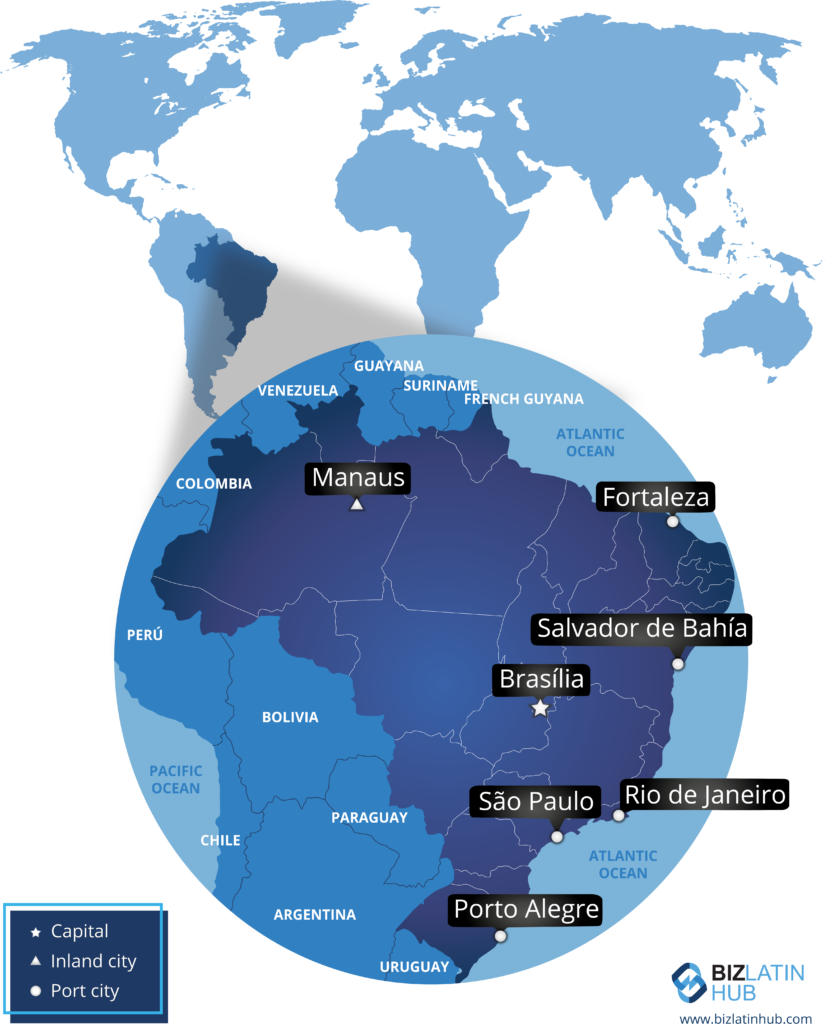
This process involves establishing a company within Brazil. To achieve this, you’ll be leaning on local commercial, legal, and accounting experts to make sure your incorporation process runs smoothly and is fully compliant with local law.
Legal representatives – who you’ll need to appoint as your Power of Attorney (POA) for this process – must act in the best interests of your business by guiding you through proper procedure, and act on your behalf as necessary. To grant POA to your legal representative, you’ll need to issue a formal document or make an oral declaration in court.
You’ll be trusting your POA with making decisions for your company. For this reason, it’s crucial to find someone who has a comprehensive understanding of local aviation and company formation law. Partnering with someone who does not have a clear grasp on what’s required could result in penalties against your company for failing to comply with relevant regulations. Ensure the best start for your cargo airline by partnering with a trusted, experienced legal services provider in Brazil.
FAQs on registering a cargo airline in Brazil
Yes, since 2019 an aviation business can be 100% foreign owned in Brazil.
You will need:
– Company bylaws, duly registered in the country of origin
– A list of the company’s shareholders, including full names, domicile and total number of shares
– A copy of the General Meeting approving the business activities/capital allocated
– Payment of the Civil Aviation Inspection Tax – TFAC
– Notice of Power of Attorney (POA) granted to a legal representative in Brazil
– Personal documents of the legal representative, including where they reside
– Draft and register the articles of incorporation before the governmental entities
– Obtain a taxpayer number (CNPJ)
To create a cargo airline in Brazil requires the setting up of a local company that requires experts in Brazil to coordinate and assist you. Ideally, you want trusted business professionals that can help from initial founding to starting operations, as well as ongoing operational support.
The power of attorney (POA) is appointed on behalf of an individual or legal entity to act on your behalf. This enables businesses to effectively expand into new markets and commence new business operations without having to always be present for document signing etc. It is important, when signing the POA, you do so with an individual or company that you can trust.
By opening up aviation regulations, Brazil is facilitating increased commercial connectivity through greater options for business and cargo air travel. As a major economic player in the region with economic ties to major trade blocs such as MERCOSUR, demand for air freight services will likely rise.
The opportunities for cargo (and passenger) airlines have opened up to foreign players, and companies should not delay taking advantage of this commercial potential.
Biz Latin Hub can assist you with registering a cargo airline in Brazil
At Biz Latin Hub, we offer comprehensive market entry and back-office solutions in Latin America and the Caribbean.
We specialize in a range of services which can help with a cargo airline in Brazil, such as hiring and PEO, accounting and taxation, company incorporation, and corporate legal advice.
Our offices are located in major cities across the region. In addition, we have established partnerships in numerous other markets, providing our clients with an extensive network of resources. This extensive coverage makes us well-equipped to support market entry and cross-border operations across multiple countries.
Get in touch with us today to learn more about our services and how we can assist you with your business endeavors in Latin America and the Caribbean.
